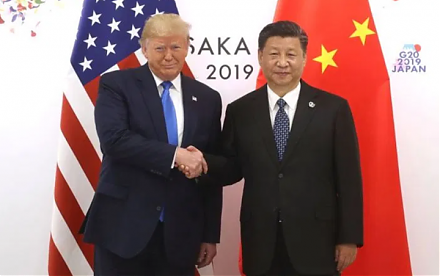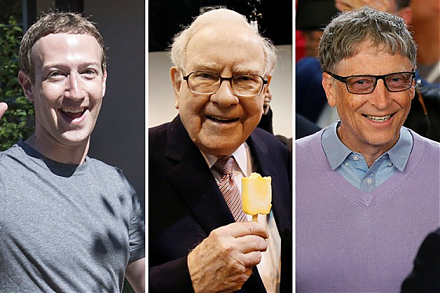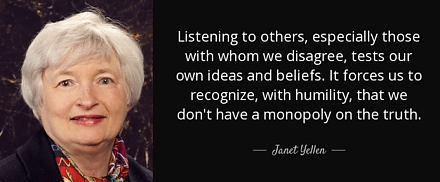

2018-03-23 08:26:00 Fri ET
trust perseverance resilience empathy compassion passion purpose vision mission life metaphors seamless integration critical success factors personal finance entrepreneur inspiration grit
Personal finance and investment author Thomas Corley studies and shares the rich habits of self-made millionaires. Corley has spent 5 years studying the daily habits and routines of self-made millionaires, and he chronicles these results in his books **Rich Habits** and **Change You Habits, Change Your Life**. Rich people share common habits, and others can learn from these habits that help enrich their lives. First, self-made millionaires maintain long-term vision with short-term focus. They often set bold and lofty life goals, value propositions, and mission statements. At the same time, the rich focus on both the important and urgent matters that can often lead to positive results.
For instance, these millionaires attend to money matters like value investors who focus on small profitable cash cows with low relative market valuation that invest conservatively in both capital investment and balance sheet expansion.
Second, self-made millionaires cherish the importance of self-improvement. They read books, articles, blogs, and newsletters about personal finance, management, and other self-help issues. This practice allows these self-made millionaires to turn unproductive routines into better ones.
Third, self-made millionaires enhance their social integration. These millionaires like to network with successful people in personal finance, sport, family, or other social events, and their active social engagement extends beyond their inner circle. In Corley’s 5-year study, what self-made millionaires choose not to accomplish is as important as what they choose to accomplish over several years.
If any of our AYA Analytica financial health memos (FHM), blog posts, ebooks, newsletters, and notifications etc, or any other form of online content curation, involves potential copyright concerns, please feel free to contact us at service@ayafintech.network so that we can remove relevant content in response to any such request within a reasonable time frame.
2020-01-01 13:39:00 Wednesday ET

President Trump approves a phase one trade agreement with China. This approval averts the introduction of new tariffs on Chinese imports. In return, China s
2018-10-13 10:44:00 Saturday ET

Dow Jones tumbles 3% or 831 points while NASDAQ tanks 4%, and this negative investor sentiment rips through most European and Asian stock markets in early-O
2018-12-29 09:32:00 Saturday ET

Andy Yeh Alpha (AYA) AYA Analytica financial health memo (FHM) podcast channel on YouTube December 2018 AYA Analytica is our online regular podcast and news
2016-10-01 00:00:00 Saturday ET

We can learn much from the frugal habits and lifestyles of several billionaires on earth. Warren Buffett, Chairman and CEO of Berkshire Hathaway, still l
2020-03-12 09:32:00 Thursday ET

Google CEO Eric Schmidt and his co-authors show the innovative corporate culture and mission of the Internet search tech titan. Eric Schmidt, Jonathan Ro
2017-12-11 08:42:00 Monday ET

Fed Chair Janet Yellen says the current high stock market valuation does not mean overvaluation. A stock market quick fire sale would pose minimal risk to t